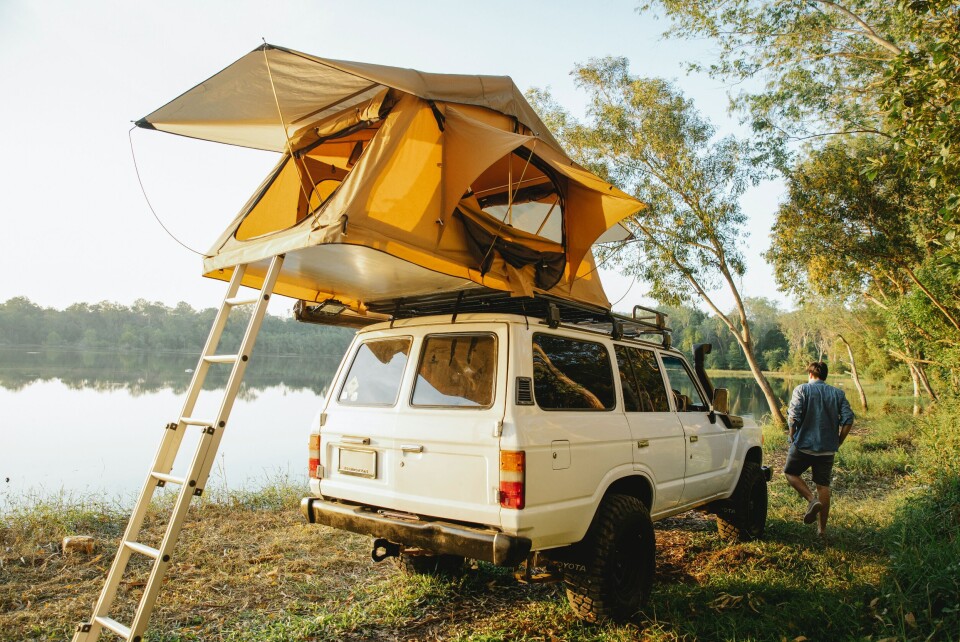-
France’s wild garlic season is here – but foragers should beware toxic lookalikes
Spring brings the fragrant plant to woodlands nationwide. We explain what to look out for
-
White storks make strong return in France via nest ‘platforms’ and clipped wings
The Ligue pour la Protection des Oiseaux shares the conservation challenges in saving these birds from extinction
-
Efforts to reintroduce black vultures in France
Plus, wildlife spotter, Jonathan Kemp, shares his experience of searching for bearded vultures around his home in Aude
These are the rules for wild camping in France
Whilst wild camping is legal in France, it is strongly regulated and campers should follow certain rules

Camping is hugely popular in France, including ‘wild camping’ where you pitch a tent where you end up, rather than at an official campsite. However, while legal in France, it is strongly regulated.
Wild campers must be respectful of any neighbours, be quiet, leave the area clean and tidy, and – if they have, or plan to have, a campfire or barbecue – understand local rules on fire safety.
There are also rules banning wild camping in the following places:
- on sea shores or sites registered (or being registered) by the Ministry of Culture due to their historic, artistic, scientific, legendary or picturesque character;
- on public roads or paths;
- within 500m of heritage sites (woods, forests, reserves), or historic monuments;
- within 200m of water points for consumption.
Penalties for ignoring the rules include a fine of up to €1,500 – but the amount may be adjusted based on a number of factors, including, but not limited to, noise, campfires and littering of the area and any environmental damage caused.
Related stories
Yes, you can go camping in Paris
France's undiscovered holiday locations
























